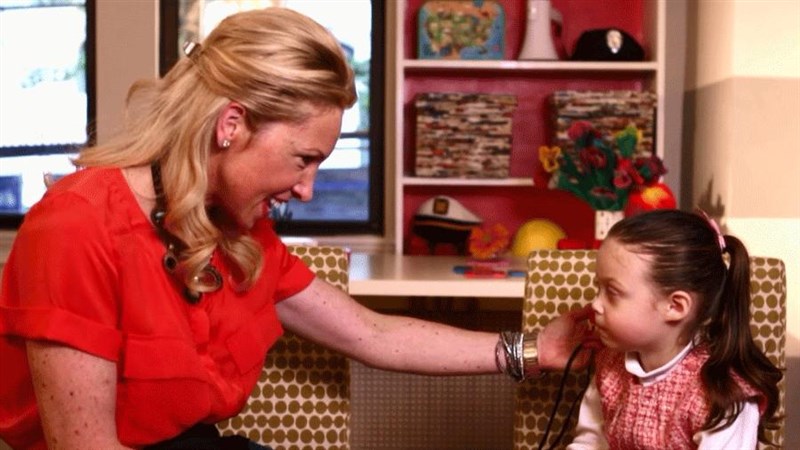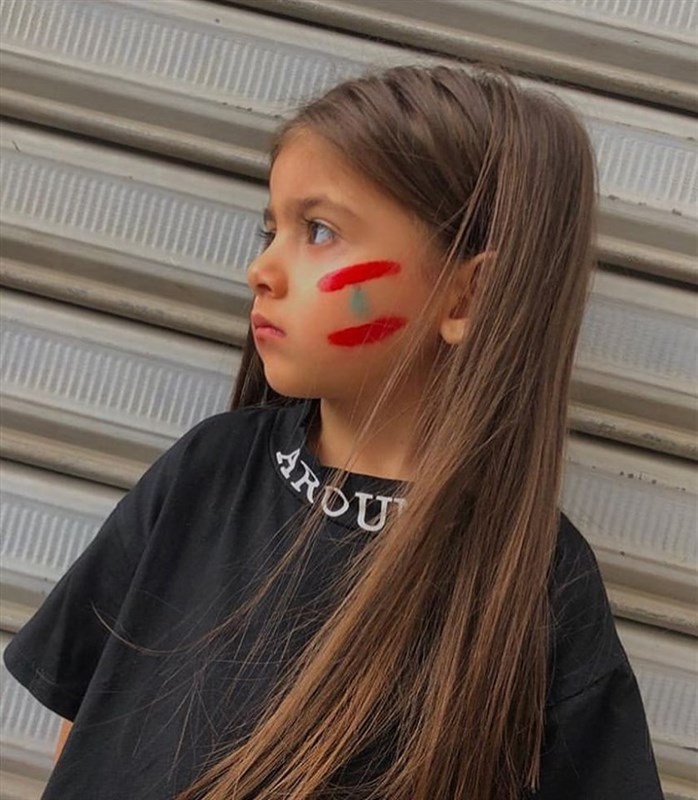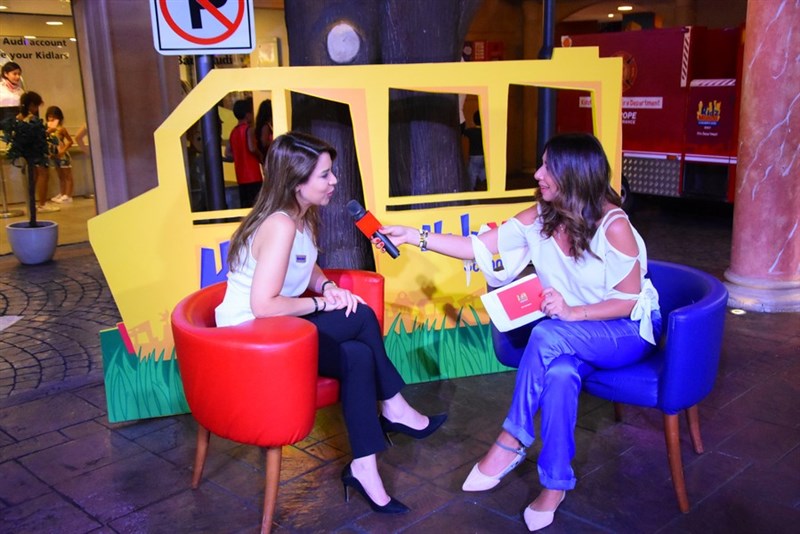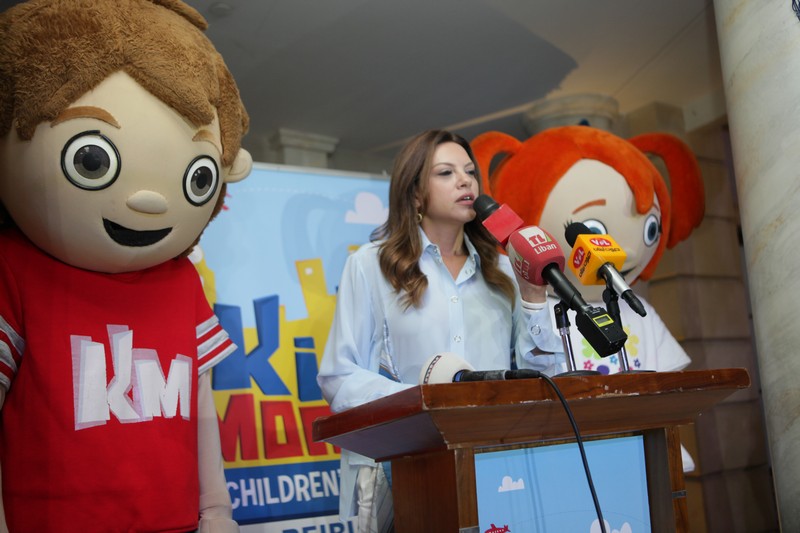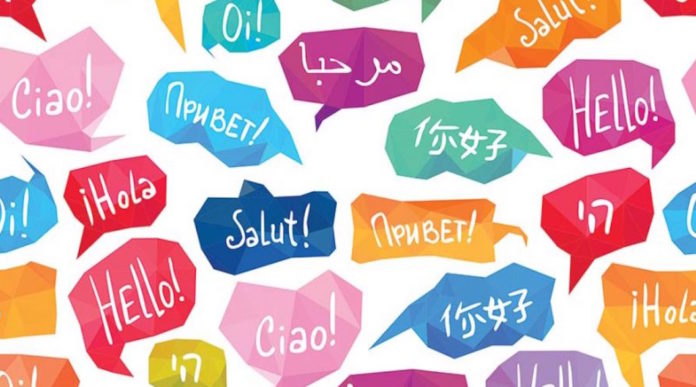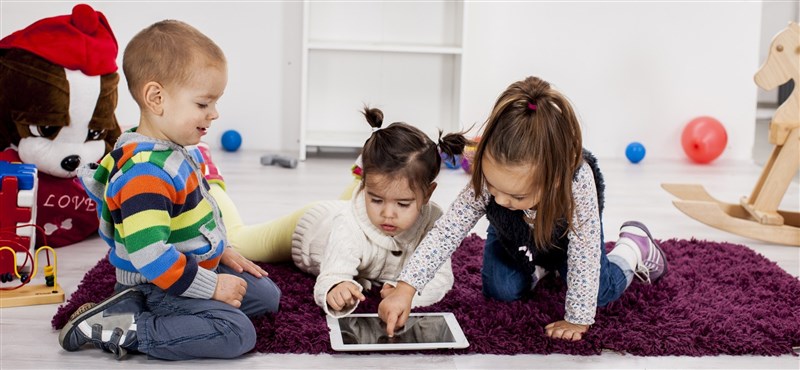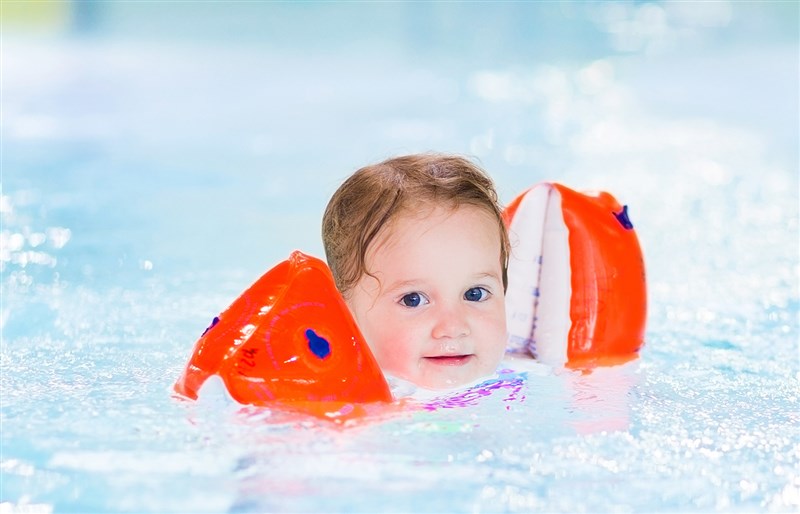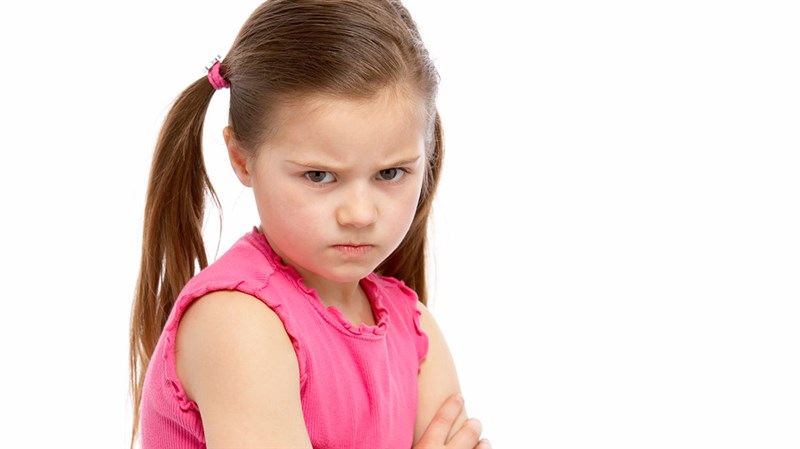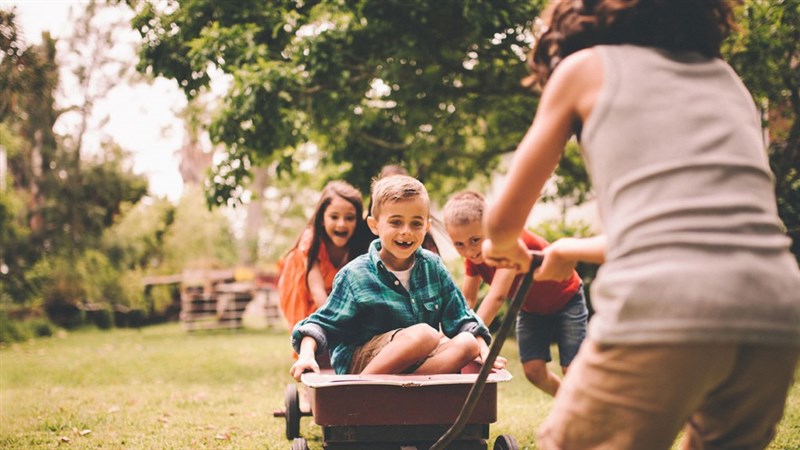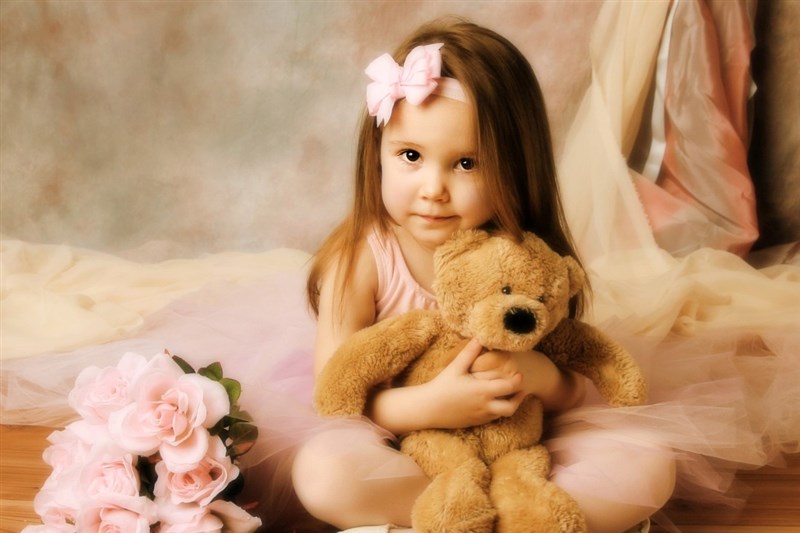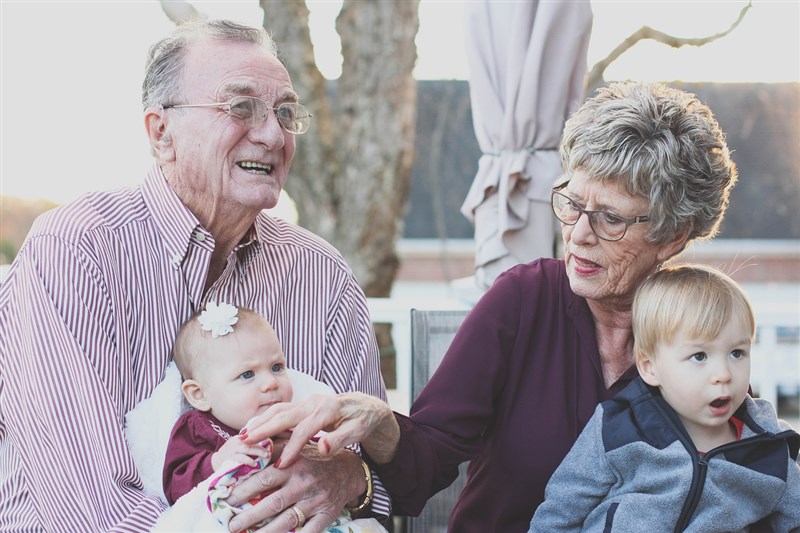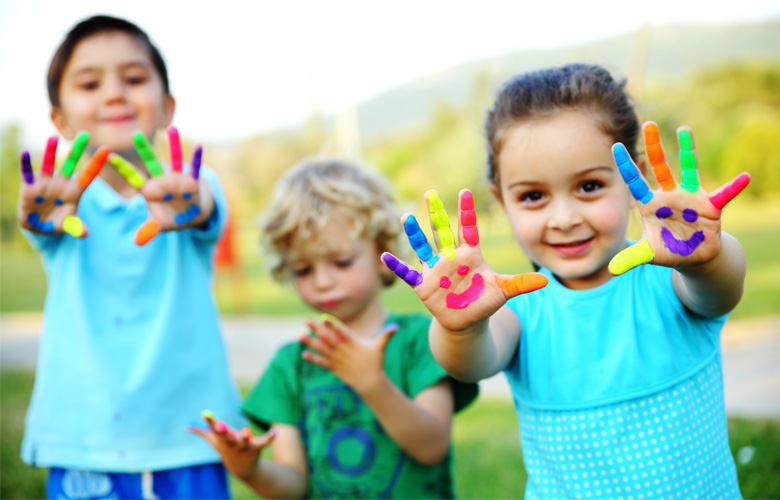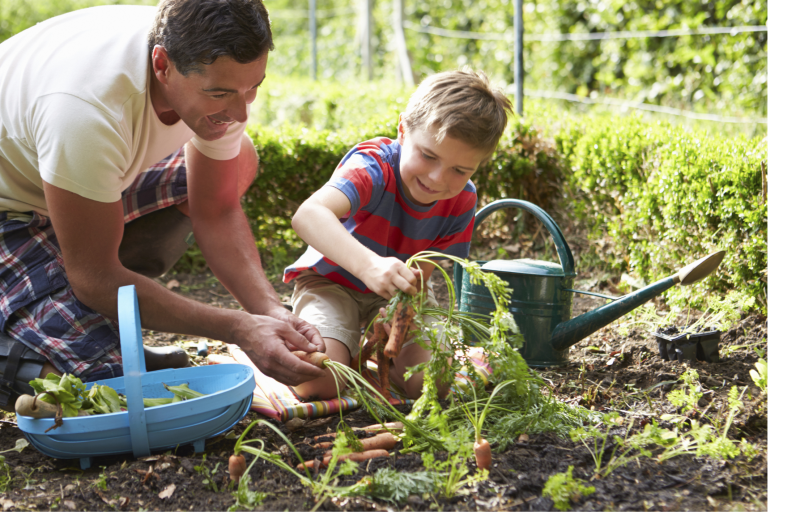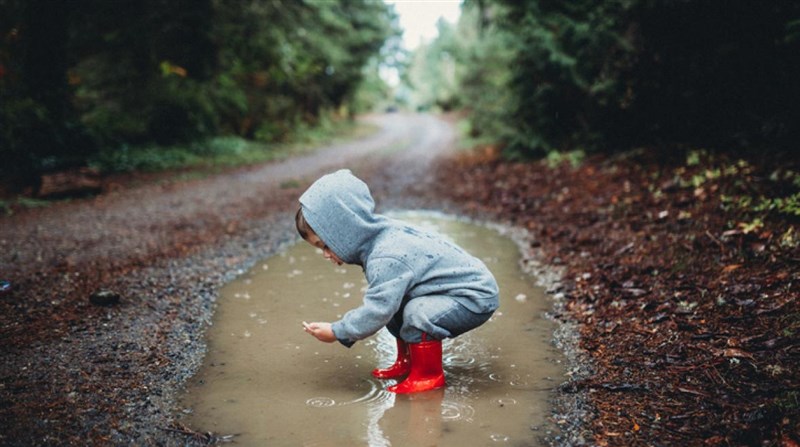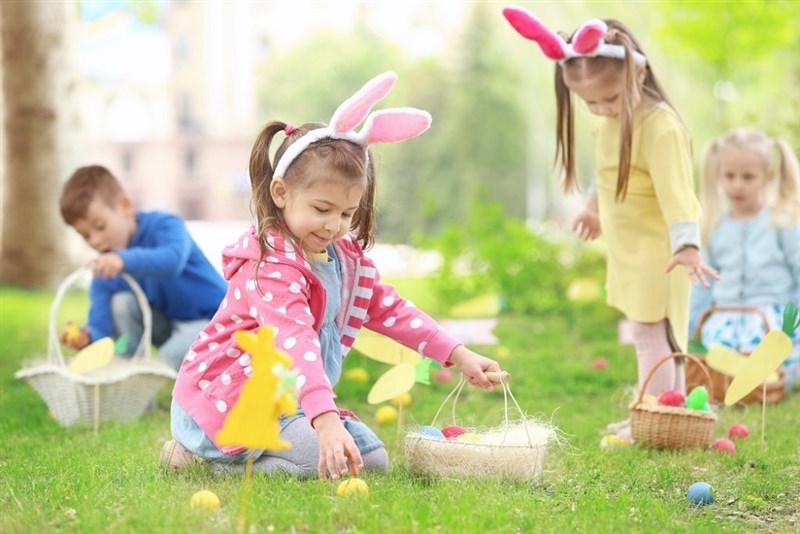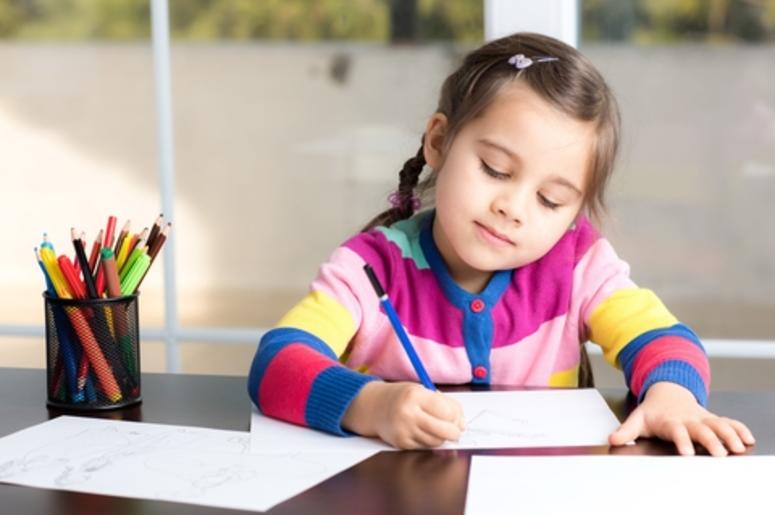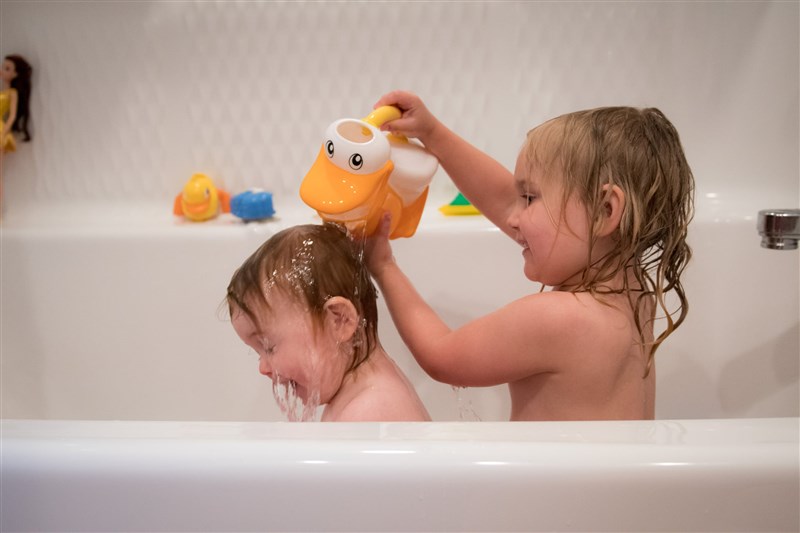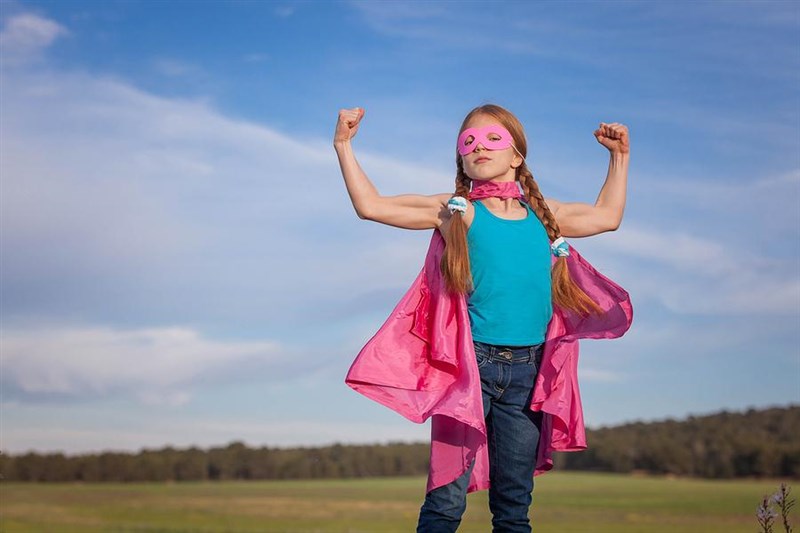No matter how much we watch our language in front of our kids while avoiding certain terms that are said out of anger or habit, we find that this is no guarantee that they won’t learn a few words here and there. These are picked up on the playground or on playdates, or by hearing random people having a conversation. We cannot prevent this as parents, there is no filter we can place on our innocent kids’ ears, but there is a way to handle it.
I have been shocked by a couple of words learned but that’s it, a couple. The most recent one which would make it the second, literally, was a week ago. We came home after a playdate with a girl we had only been out with that time, and when my daughter repeated the same word twice that evening, I automatically knew the source and was utterly shocked, but to be fair this word isn’t high up the bad word scale. I know some might argue that we should tell the child’s mother, but to me it is no use because we try as much as we can to shelter our kids but in the end they are exposed to a lot of adult content that is beyond our control.
So what had I done in the previous situation and what did I do now? The way I see it, there are two different reactions as parents and what determines each is the gravity of the case.
Ignore
If the word is being said absent mindedly during play or a make believe conversation and to them is equivalent to saying “hungry” or “lego” then your best bet is to ignore it. The odds of it making another verbal appearance are slim, therefore it is better in this situation to pretend you didn’t hear anything because truth of the matter is, it isn’t serious.
Explain
If the word is being said on purpose, in a tone of aggression or to express frustration, then it is wise to stay calm. Any sudden reaction will make them completely shut off and chances are you won’t get to the bottom of it. Ask nicely and casually where they learned it from and if they know its meaning, then explain that it isn’t a nice word and add to it whatever adjective you’d like. For example, if you use “princess” and “witch” to describe good and bad, you can say that saying this will make you less of a princess. Whichever form of communication you are in habit of using with your child comes in handy at this point. Is it very likely that once your child understands, there are no chances of it being repeated.
Maria Najem
Photo: parents.com



